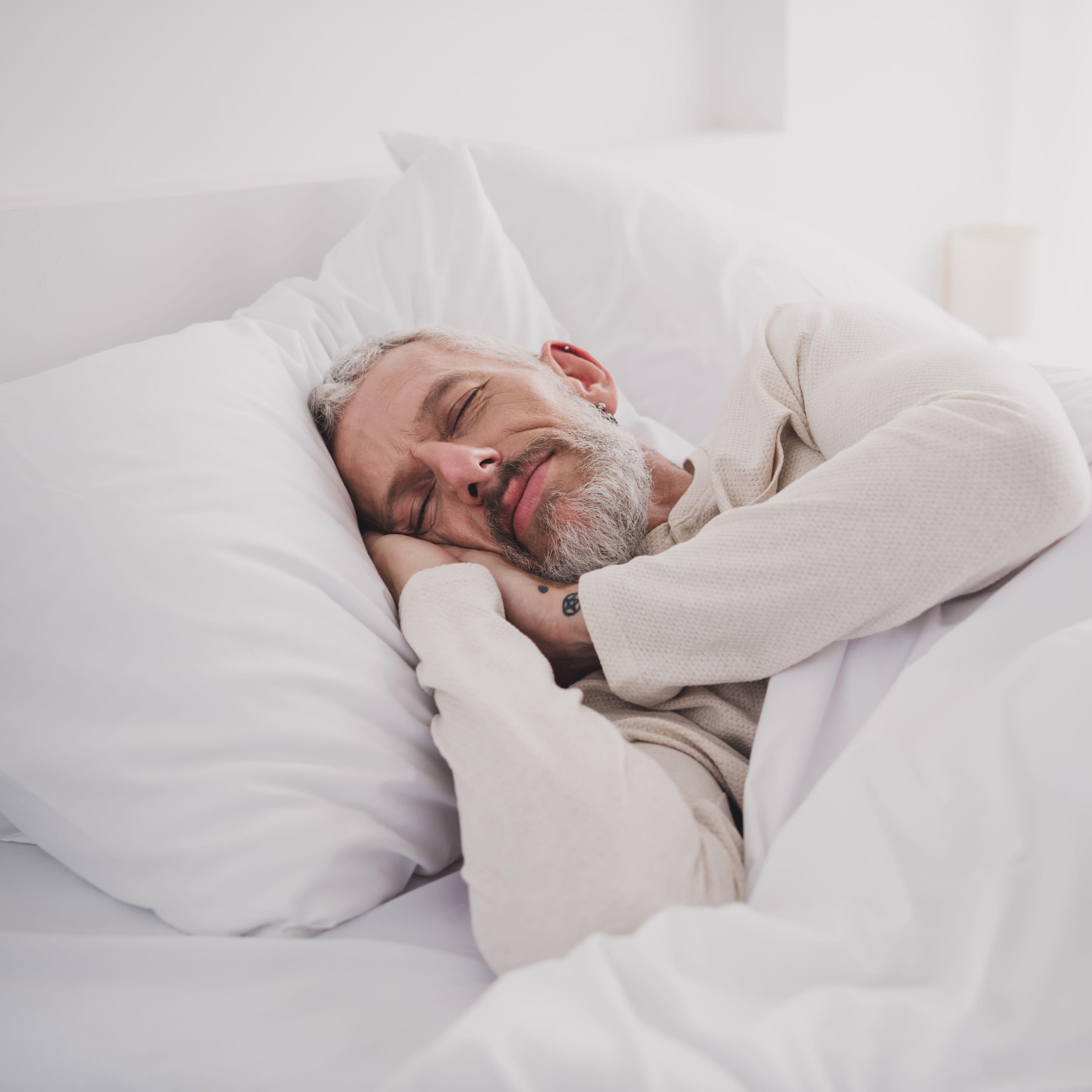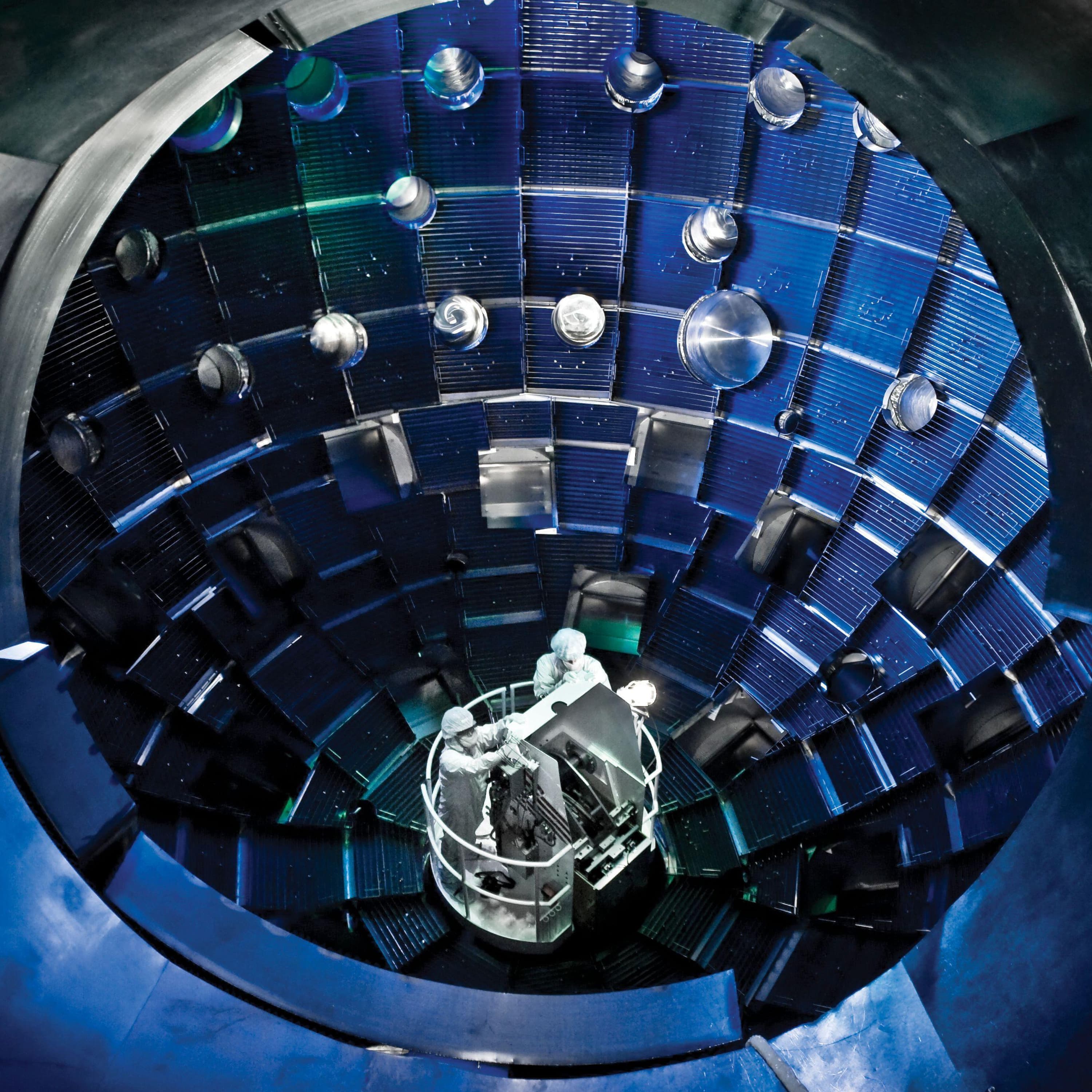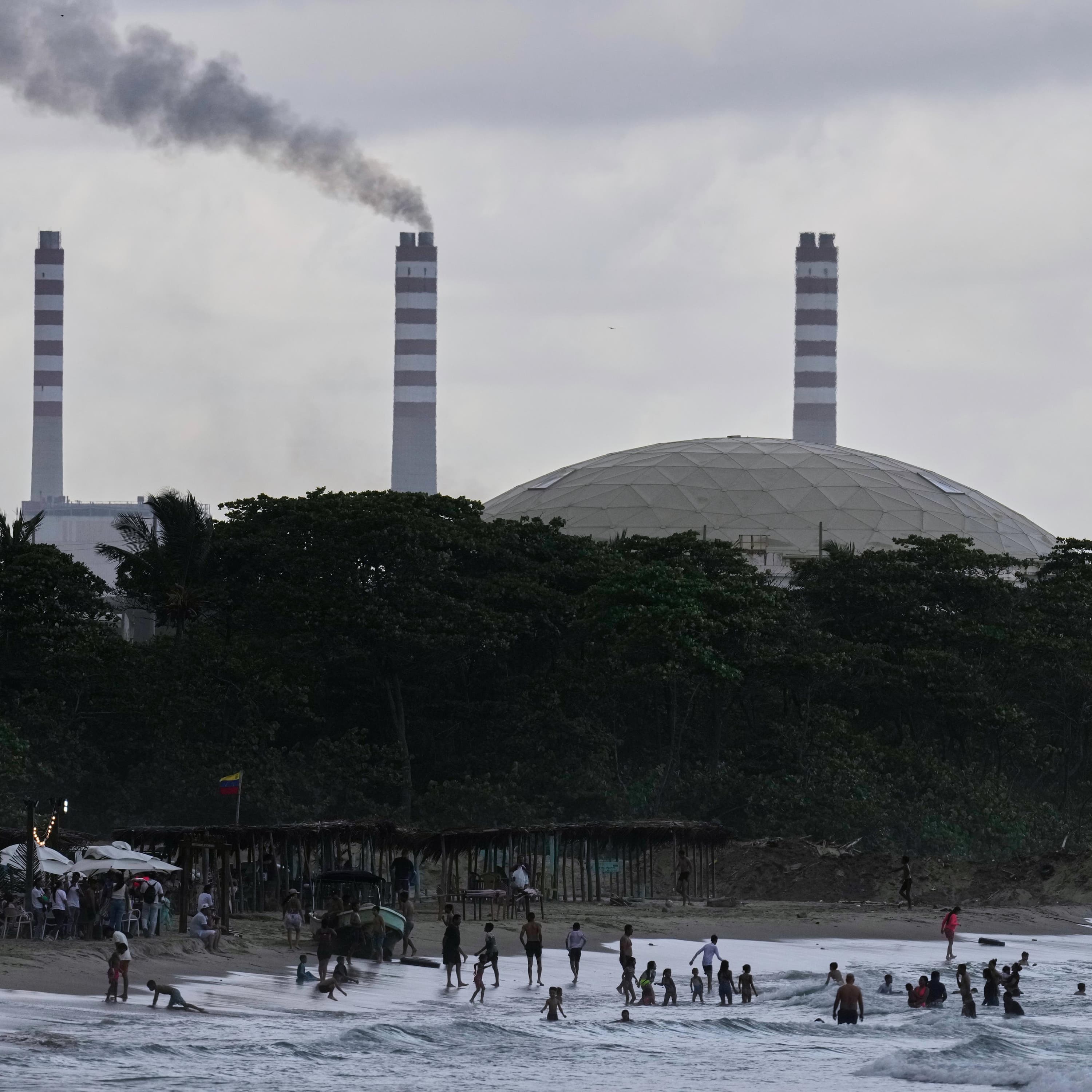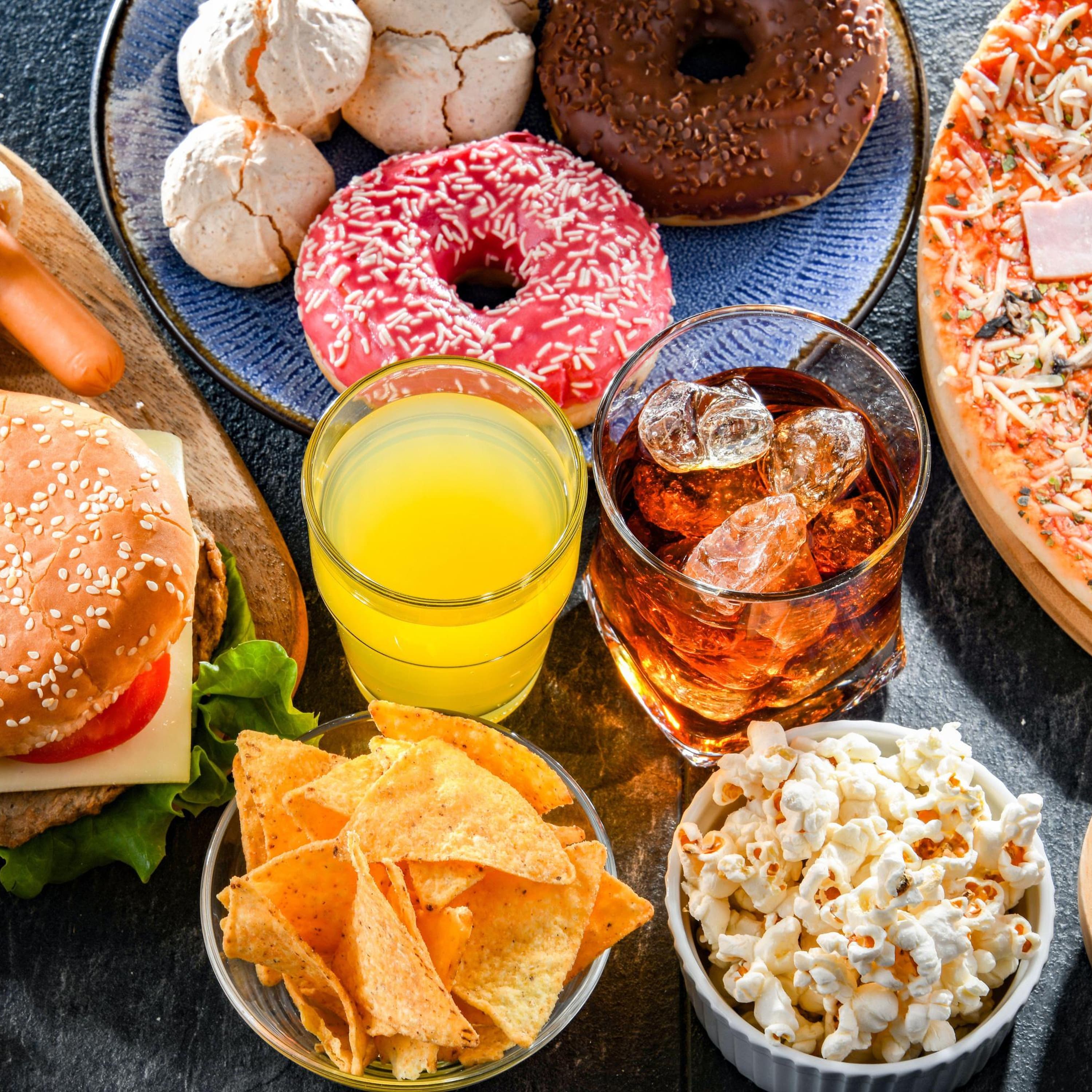
Are the world’s oldest people really that old?
Loading player...
Madeleine Finlay speaks to Dr Saul Newman, an interdisciplinary researcher at University College London and the University of Oxford, who has just won an Ig Nobel prize – given to scientific research that ‘first makes people laugh, and then makes them think’ – for his work showing that many claims of people living extraordinarily long lives come from places with short lifespans, no birth certificates, and where clerical errors and pension fraud abound. He tells Madeleine what happened when he went looking for the world’s centenarians, and how his work has been received by the longevity research community. Help support our independent journalism at theguardian.com/sciencepod





